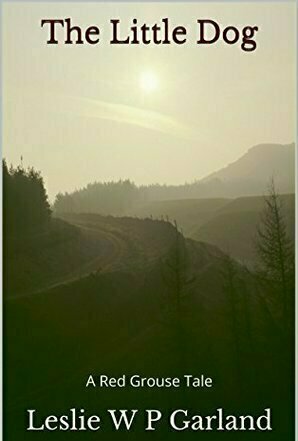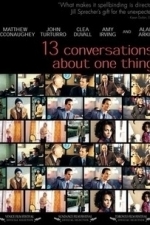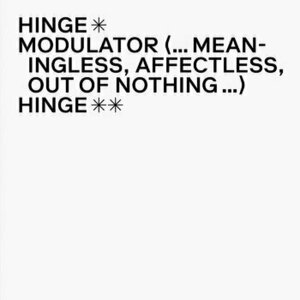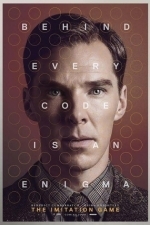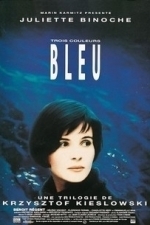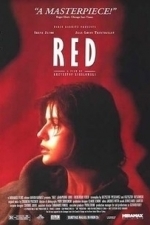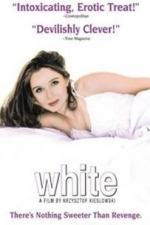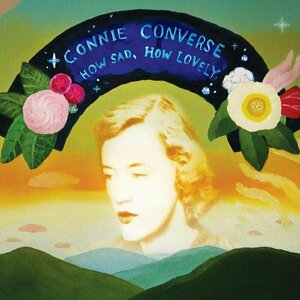Search
Search results
David McK (3562 KP) rated The Philosophy Book in Books
Jan 30, 2019
With over 2000 years of history, no book could seek to cover each and every aspect of philosophical thought.
What this does, instead, is to give a broad overview of the main works of the main thinkers (SOcrates, Plato, Descartes, Karl Marx, etc) of any particular era, with the book itself split into 6 main sections, as follows:
1) The Ancient World (700 BCE - 250 CE)
2) The Medieval World (250 - 1500)
3) Renaissance and the Age of Reason (1500 - 1750)
4) The Age of Revolution (1750 - 1900)
5) The Modern World (1900 -1950)
6) Contemporary Philosophy (1950 - present)
Nicely illustrated throughout, and with a little bit of history on the thinker themselves, this is a good intro for anybody interested in the subject. (Speaking personally, the closer the philosophy got to contemporary years, the less interesting I found it - I was more interested in the likes of Plato, Socrates and Descartes, for instance, than in Jacques Derrida).
What this does, instead, is to give a broad overview of the main works of the main thinkers (SOcrates, Plato, Descartes, Karl Marx, etc) of any particular era, with the book itself split into 6 main sections, as follows:
1) The Ancient World (700 BCE - 250 CE)
2) The Medieval World (250 - 1500)
3) Renaissance and the Age of Reason (1500 - 1750)
4) The Age of Revolution (1750 - 1900)
5) The Modern World (1900 -1950)
6) Contemporary Philosophy (1950 - present)
Nicely illustrated throughout, and with a little bit of history on the thinker themselves, this is a good intro for anybody interested in the subject. (Speaking personally, the closer the philosophy got to contemporary years, the less interesting I found it - I was more interested in the likes of Plato, Socrates and Descartes, for instance, than in Jacques Derrida).
BookInspector (124 KP) rated The Little Dog (A Red Grouse Tale) in Books
Sep 24, 2020
The blurb is very accurate for this book and it gives you all you need to know about it. Bill is paired up with a nasty man who everyone hates and the whole book is about him trying to figure out who his coworker really is and why he is so evil. Does he figure that out? Not really. The only character who had some sort of personality in this book was Bill, all the other characters for me were quite plain and not interesting. I am not a big fan of philosophy, I can digest it if it is well incorporated into the story, but in this case, it was an obvious transition to the philosophical parts and it just doesn’t work for me. So to conclude, for me this mixture of philosophy, crime, religion, supernatural and very detailed descriptions of trees and saws don’t work together, but if you into such topics, you might enjoy it.
Alison Pink (7 KP) rated Hope: A Tragedy in Books
Jan 15, 2018
This book tells the story of a couple who buys an old farmhouse in upstate New York to esacape the craziness of life in NYC. The husband has major issues...the basis of which begin with his father leaving & the fact that his mother is a Jew who was born & raised in America. Yet she still manages to convince herself that she suffered through concentration camps in Nzi occupied Germany. The story gets interesting when Sol discovers an old, stooped over woman living in their attic. Big deal? Well, yeah. She claims to be Anne Frank.
Sounds like a great idea for a story, but to me it fell flat. At times I was interested & couldn't wait to see what would happen. Then it would just sort of ramble on for page upon page of nothing really happening. To me, the author was working way too hard at an attempt to be deep & philosophical. That ruined the promise of an intriguing plot line. It was okay, but I wouldn't read it again.
Sounds like a great idea for a story, but to me it fell flat. At times I was interested & couldn't wait to see what would happen. Then it would just sort of ramble on for page upon page of nothing really happening. To me, the author was working way too hard at an attempt to be deep & philosophical. That ruined the promise of an intriguing plot line. It was okay, but I wouldn't read it again.
LoganCrews (2861 KP) rated Thirteen Conversations About One Thing (2001) in Movies
Apr 16, 2021 (Updated Jul 4, 2021)
𝘛𝘩𝘪𝘳𝘵𝘦𝘦𝘯 𝘊𝘰𝘯𝘷𝘦𝘳𝘴𝘢𝘵𝘪𝘰𝘯𝘴 𝘈𝘣𝘰𝘶𝘵 𝘕𝘰𝘵𝘩𝘪𝘯𝘨. Boo-fucking-hoo, sad sad sad. Total bullshit, another turn-of-the-millennium 𝘔𝘢𝘨𝘯𝘰𝘭𝘪𝘢 wannabe where a bunch of junk characters spout faux-philosophical anecdotes about No Actual Thing for what feels like literal ages. Starts off with some minor intrigue but no sooner I couldn't stand it - what with it's downright laughably corny music and sterile-as-can-be cinematography *on top of* this aggressively cringe dialogue delivered by such nonentities. Feels like one of those fake AI bots from Twitter being fed every somber hyperlink film and spatting out its jumbled tropes. I'm not going to say this doesn't have intriguing ideas, they just go nowhere and most of these stories just... don't even finish? Young Rob McElhenney in a bit part outacts the entire cast of unenthusiastic performances from A-listers (other than McConaughey who just feels right in and around any courtroom setting, but even then they give him next to no breathing room). Still in disbelief with how boring they decided to play this.
Tyondai Braxton recommended Articulacao by Florian Hecker in Music (curated)
David McK (3562 KP) rated The Imitation Game (2014) in Movies
Feb 26, 2022
Drama based on the life and times of Alan Turing, the so-called father of modern computing, who worked in Bletchley Park during World War 2 to break the hitherto-believed-unbreakable enigma machine that the German high command were using to send radio messages to their fleets.
This flits back and forth between three timelines: the 1950s (just before Turing committed society, after being found guilty of Homosexual behaviour, which was outlawed at the time), the late 30s/early 40s (his work at Bletchley) and the 1920s (his childhood at a public boarding school, where he was bullied).
Cumberbatch manages to bring a different aura to his portrayal of Turing than he did previously to Sherlock - even though both are geniuses who struggle with a low EQ (Emotional Quotient) - while Kiera Knightley does her period piece acting as his fellow (perhaps even smarter) codebreaker Joan, who has to also put up with the misogynistic attitudes of the time.
And yes, the Imitation Game of the title is a real philosophical conundrum (which is described during the movie itself).
This flits back and forth between three timelines: the 1950s (just before Turing committed society, after being found guilty of Homosexual behaviour, which was outlawed at the time), the late 30s/early 40s (his work at Bletchley) and the 1920s (his childhood at a public boarding school, where he was bullied).
Cumberbatch manages to bring a different aura to his portrayal of Turing than he did previously to Sherlock - even though both are geniuses who struggle with a low EQ (Emotional Quotient) - while Kiera Knightley does her period piece acting as his fellow (perhaps even smarter) codebreaker Joan, who has to also put up with the misogynistic attitudes of the time.
And yes, the Imitation Game of the title is a real philosophical conundrum (which is described during the movie itself).

